The real estate industry is intricate and dynamic, and it has a big impact on people’s lives. Understanding the real estate market and its nuances from a homeowner’s perspective is crucial for making informed decisions about your property, whether you’re a first-time homeowner or a seasoned real estate investor. This blog will examine real estate from the perspective of homeowners and provide information on the important elements that each homeowner should take into account.
Homeownership as a Financial Investment:
Being a homeowner is frequently regarded as a wise financial decision. It’s important to understand that real estate markets can be unpredictable even if residences can increase in value over time. When deciding whether to buy or sell a home, being aware of the neighborhood real estate market trends, property values, and economic factors that are at play in your community can be helpful.
The Costs of Homeownership:
There are expenses associated with property ownership outside the mortgage. Among the continuing costs include upkeep, repairs, homeowner’s insurance, and property taxes. To prevent unforeseen financial strain, budgeting for these expenses is essential.
Real Estate Market Trends:
A number of variables, such as interest rates, supply and demand, and monetary conditions, have an impact on real estate markets. Homeowners can make more educated decisions about when to refinance, make improvements to their houses, or look into rental opportunities by keeping up with these trends.
Home Maintenance and Improvement:
To maintain your home’s worth, routine upkeep is necessary. Homeowners should prioritize critical repairs and renovations, such as modernizing the kitchen or repairing leaking roofs, to make sure their property stays appealing to future buyers.
Community and Neighborhood Dynamics:
The value of your house and your quality of life as a whole are significantly influenced by its location. You may make wise judgments about where to buy and how to enjoy your house to the fullest by being aware of the characteristics of your neighborhood and community, such as local amenities, crime rates, and schools.
Real Estate Professionals:
Real estate transactions frequently involve a group of experts, such as appraisers, inspectors, and real estate brokers. You can handle the challenges of purchasing or selling real estate by creating a reliable network of professionals.
Legal and Regulatory Considerations:
Numerous legal paperwork and rules are involved in real estate transactions. To safeguard your interests, it’s essential to be aware of the legal ramifications of homeownership, including contracts, zoning regulations, and property rights.
Long-Term Planning:
Owning a home is a long-term commitment. Homeowners should think about how their home fits into their overall financial plan as well as their long-term objectives. This may include tactics for accumulating wealth through real estate, estate planning, and retirement planning.
Homeownership Challenges:
There may be difficulties including unanticipated maintenance, changes in property values, and shifting personal situations. Homeowners can survive difficult times by being prepared for these obstacles and having a financial safety net.
In conclusion, it takes a diverse approach to comprehend real estate from a homeowner’s standpoint. Along with the financial aspects of property ownership, there are also emotional and pragmatic factors to take into account. Homeowners can make informed decisions that enhance their financial security and overall quality of life by staying informed, making long-term plans, and consulting experts when necessary.

